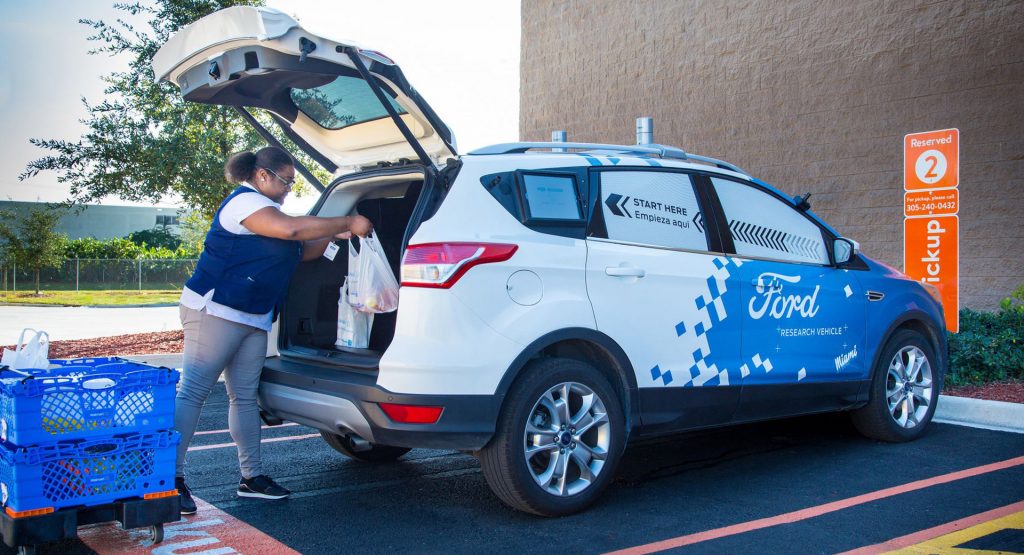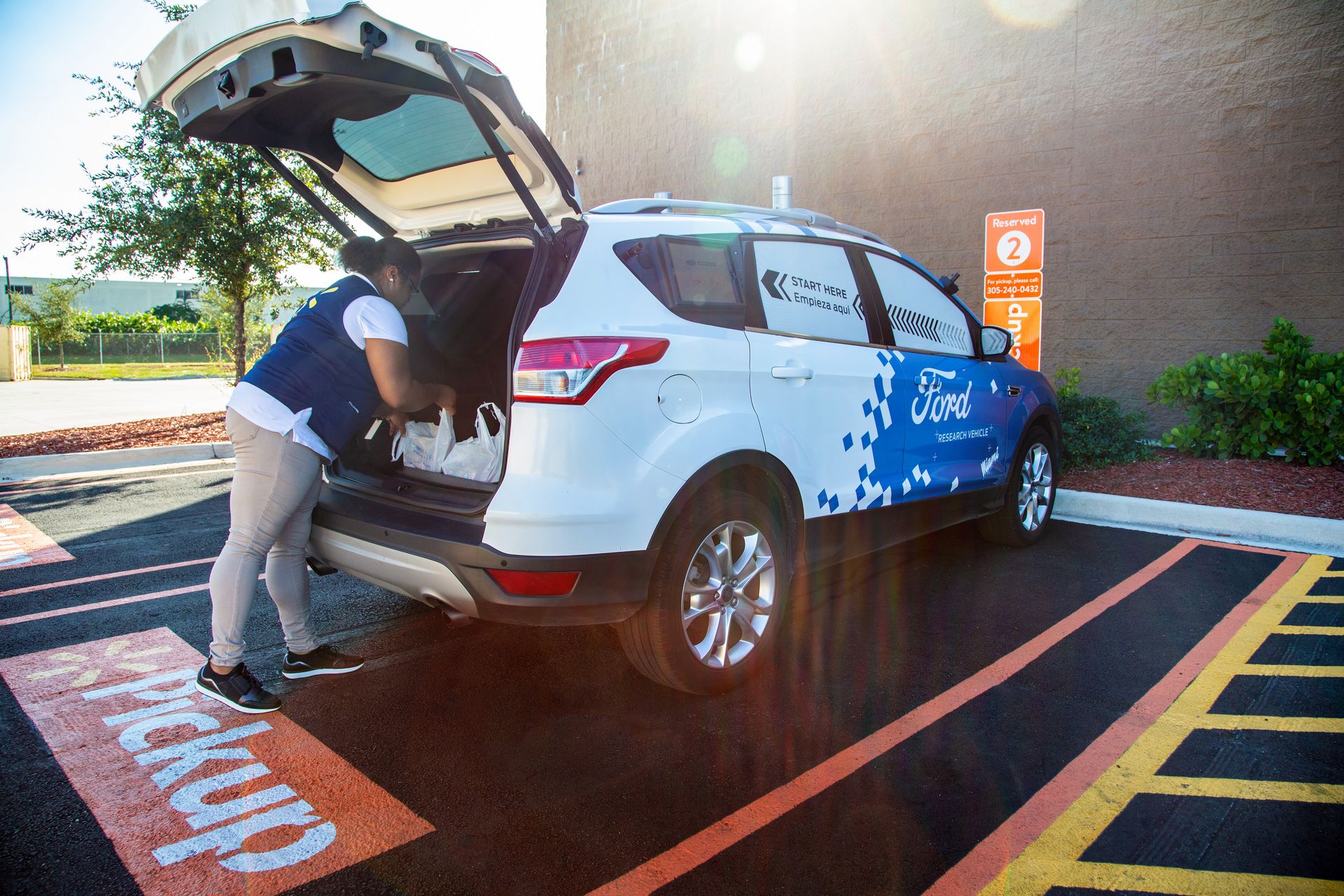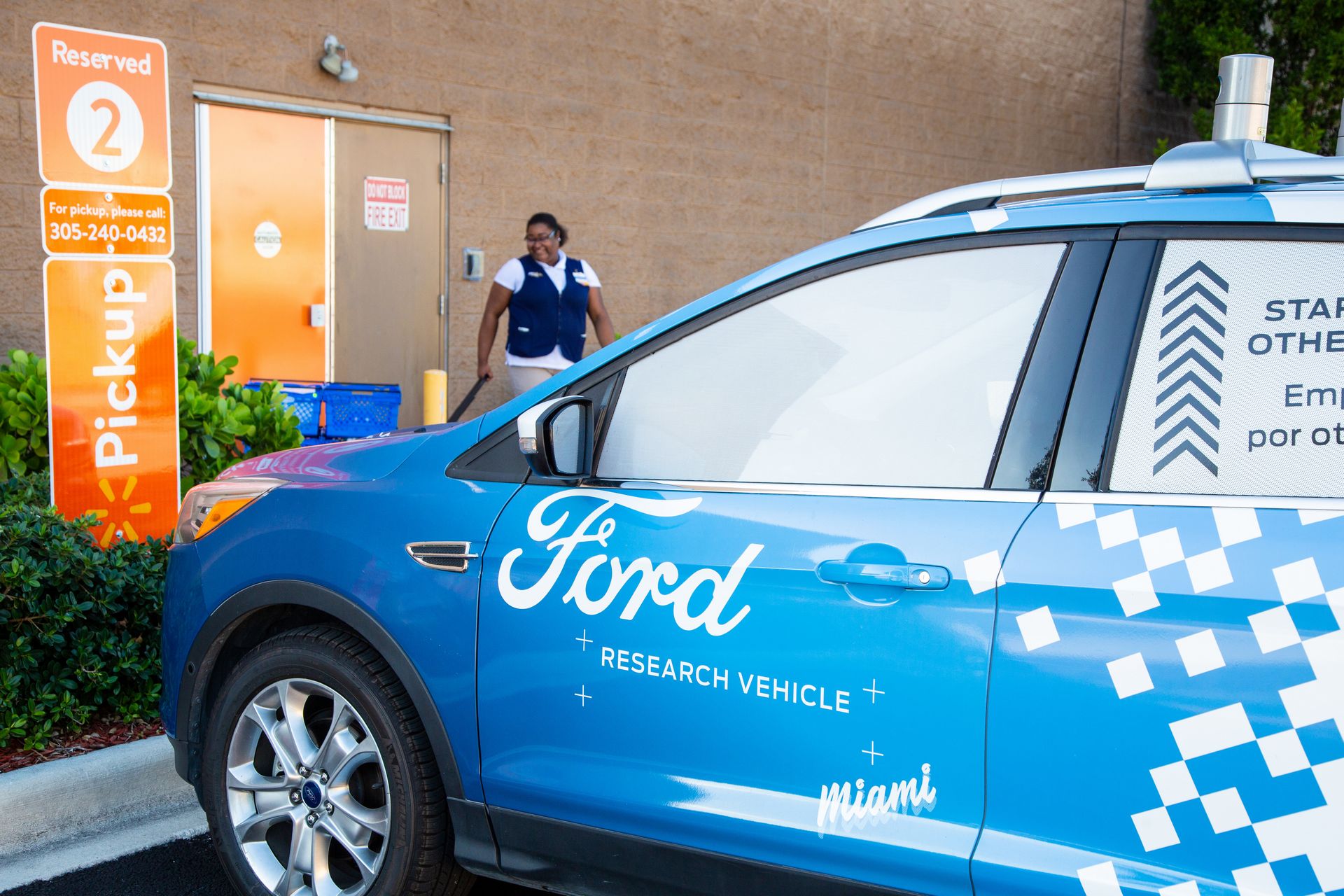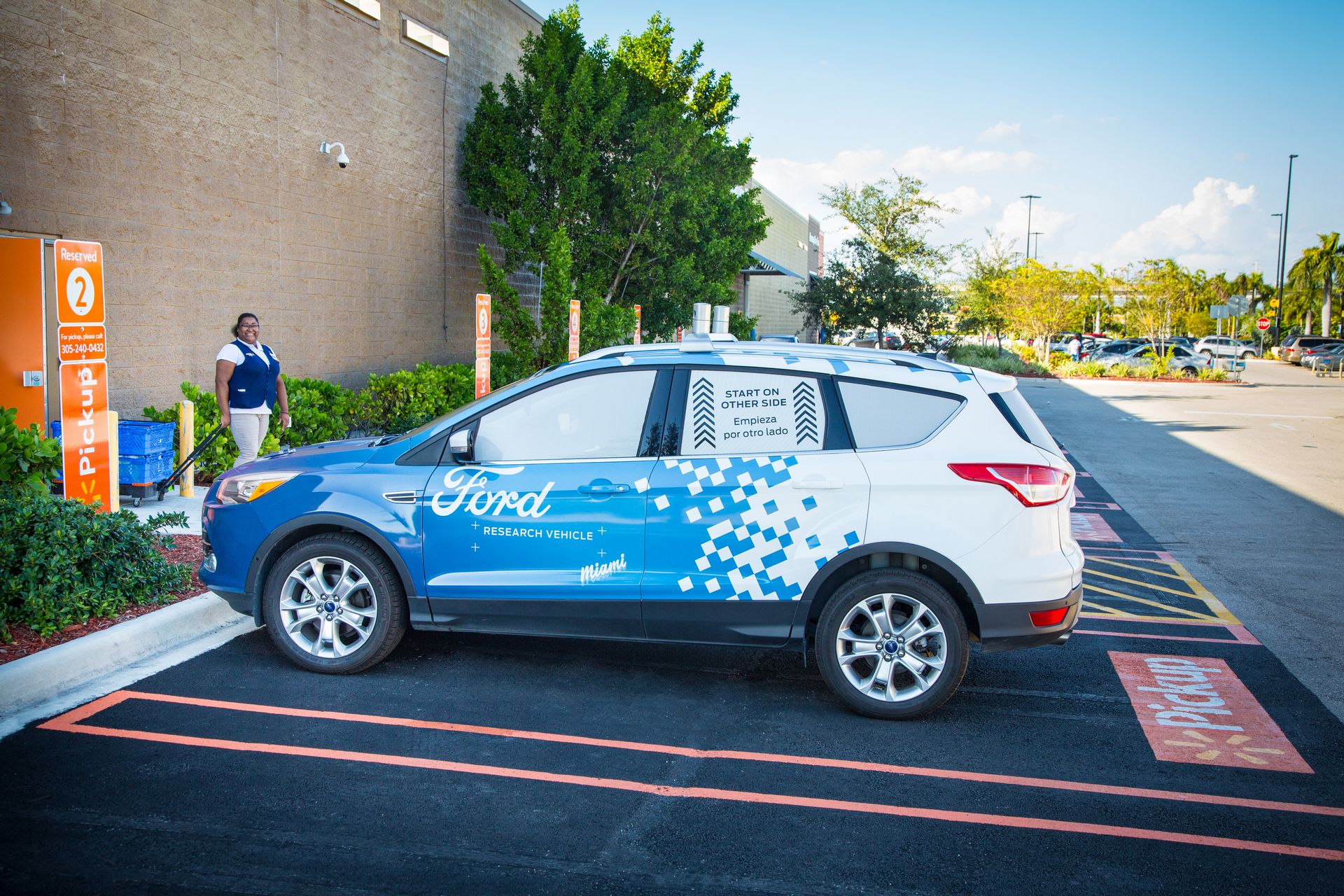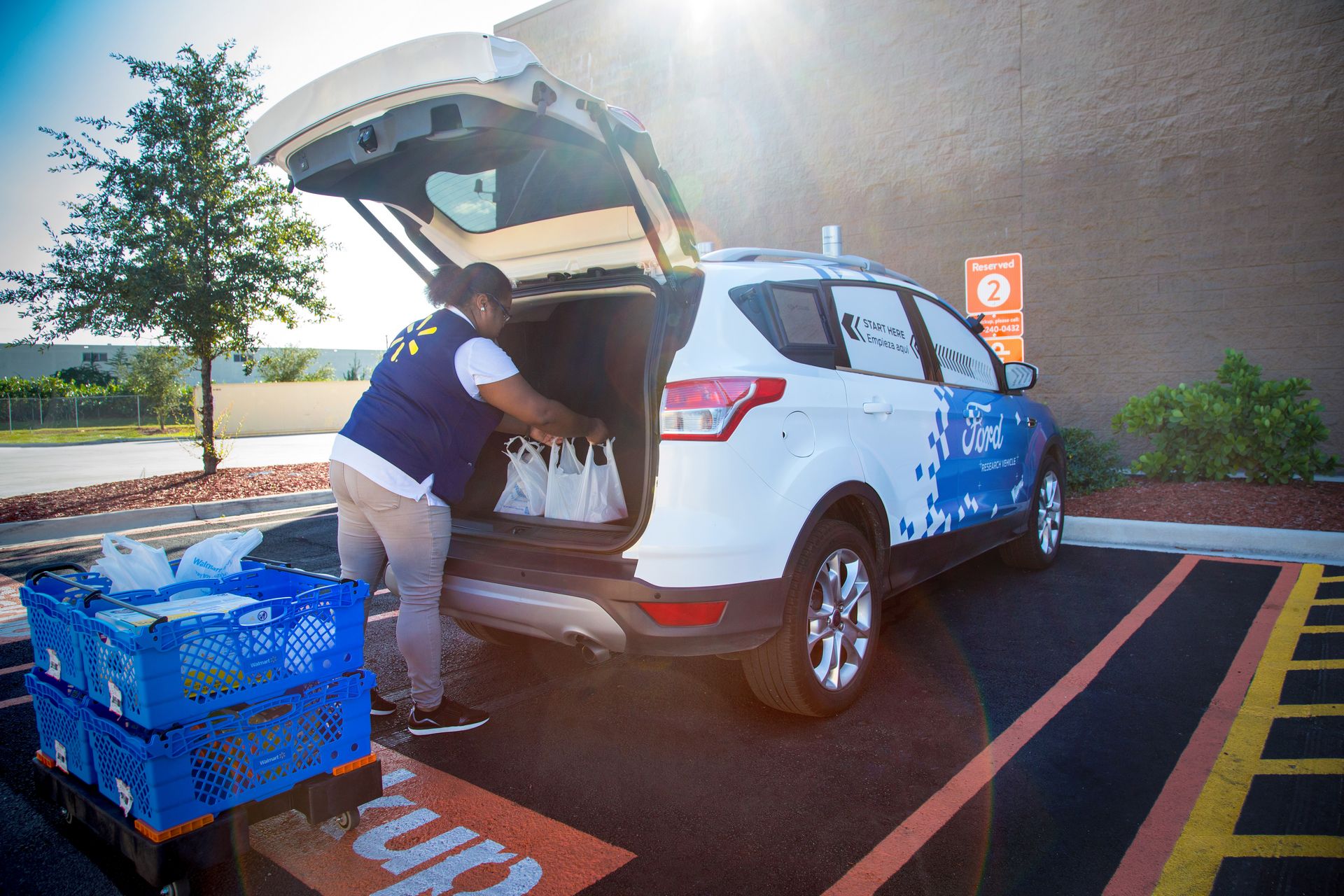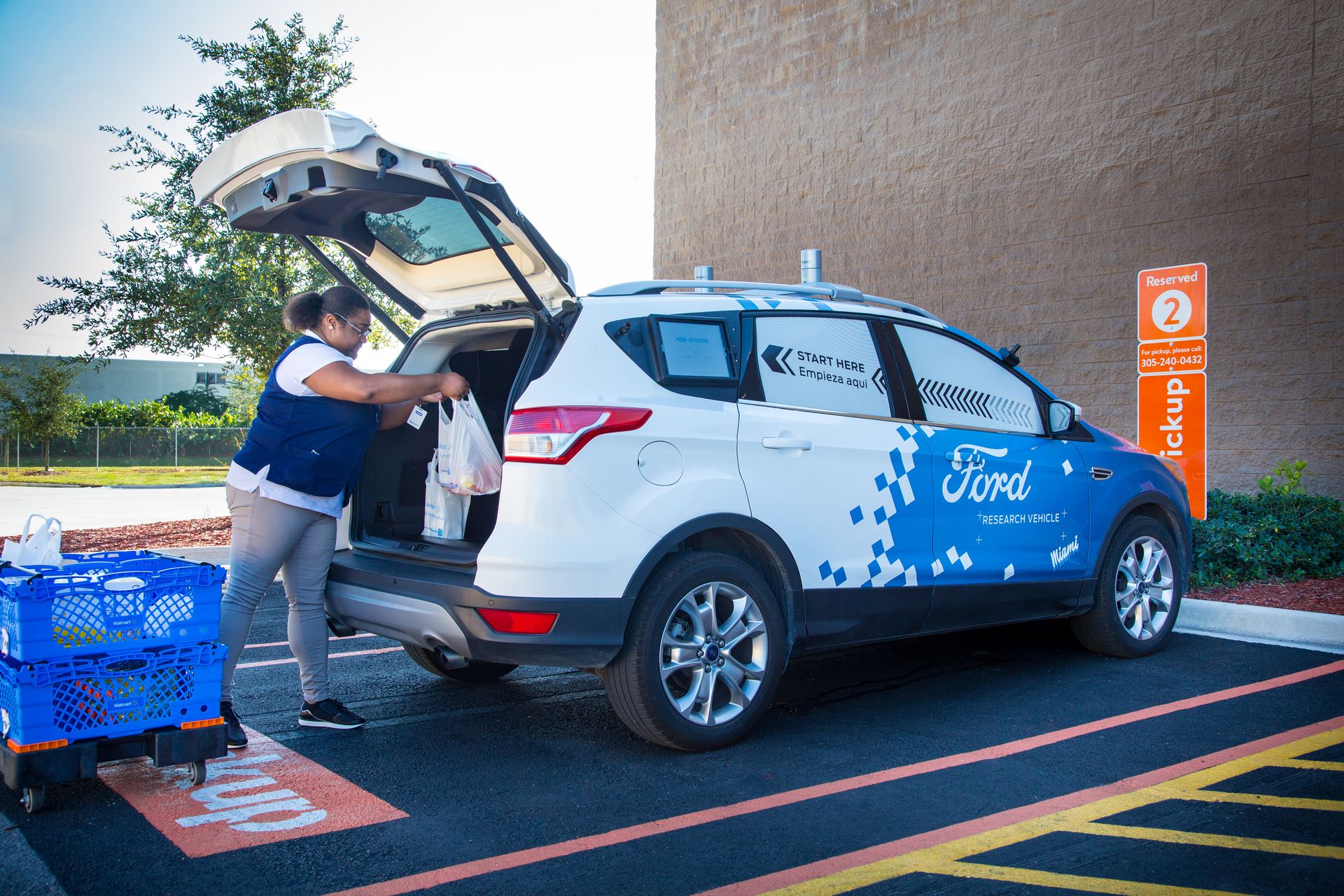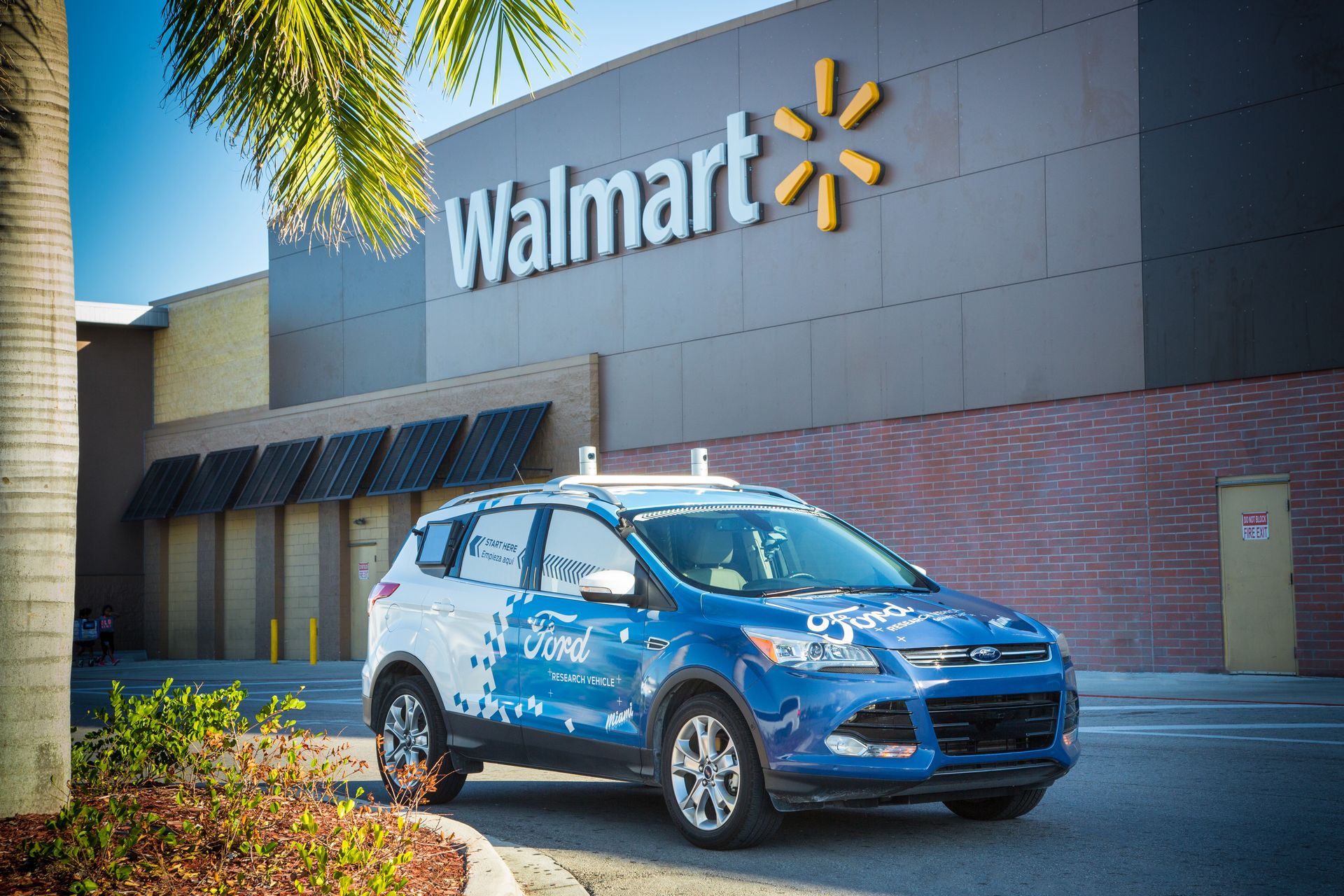Walmart is aggressively pursuing the developing market of autonomous delivery vehicles in a bid to boost profits – and to that end, has partnered with Ford.
Instead of looking to develop vehicles which delivers goods directly to the houses of consumers, though, Walmart’s robo-vans instead travel on fixed routes from warehouse to warehouse or to a pickup point. These are so-called “middle miles” and analysts believe this market alone could eventually be worth up to $1 trillion, The Detroit News notes.
“This area has the least number of obstacles and the most certain return on invested capital in the near term,” Gartner Inc analyst Mike Ramsey said. “If you’re looking to start a business where you can actually generate revenue, this has fewer barriers than the taxi market.”
Also Read: Ford And Walmart To Create Autonomous Delivery Vehicles
The American Trucking Associations reports that there are currently 60,000 unfilled long-haul trucker positions across the country and as online shopping continues to boom, retailers such as Walmart are looking for effective ways to simplify the delivery process.
As the robo-vans used by Walmart only go from warehouse to warehouse, they follow a fixed route over and over, reducing the risks of incidents. This is known as business-to-business (B2B) delivery and is much more straight forward than business-to-consumer (B2C) delivery.
“Anything on driverless delivery that is a milk run is a good application for autonomy. B2C is a complex implementation for autonomy that will come with time, but B2B just makes it easier because you get volume and you can be more predictable,” chief executive of Ford’s autonomous vehicles unit Sherif Marakby recently said.
Companies are said to be slowly favoring the use of robo-vans for early autonomous vehicles rather than introducing self-driving taxis due to skeptism from the public about such vehicles.



